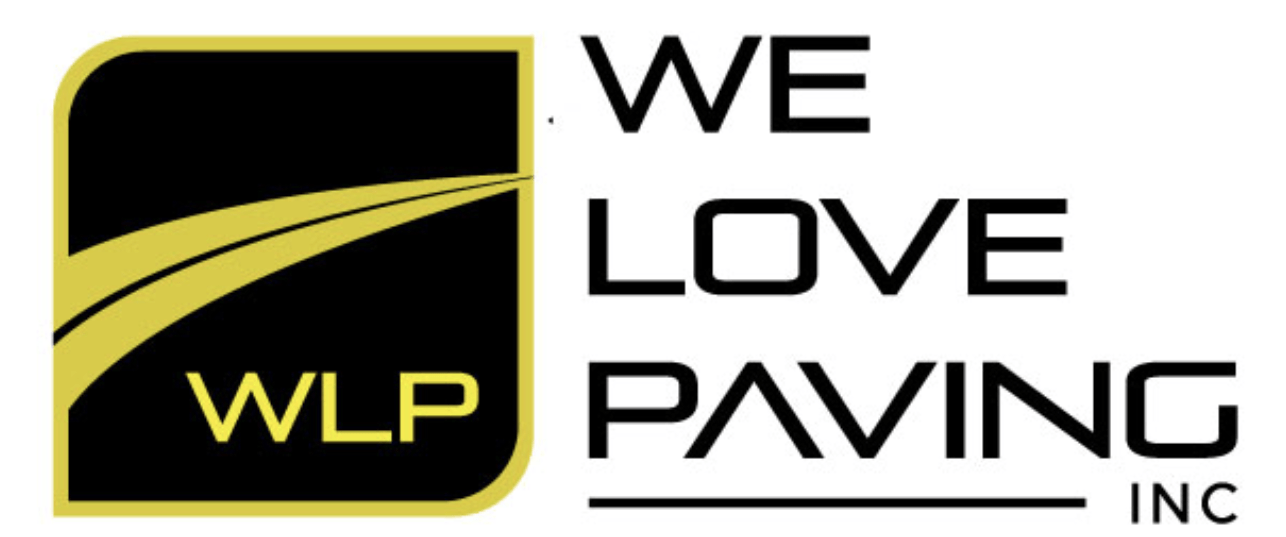In a city like Mountain View, pavement takes a beating — from delivery trucks, high vehicle turnover, bicycles, pedestrians, and constant redevelopment. Whether you’re managing a commercial parking lot, a city sidewalk, or a private roadway, paving in Mountain View requires technical precision and a deep understanding of local infrastructure codes.
At Mountain View Paving, we design and deliver pavement systems that meet urban performance demands while staying compliant, safe, and sustainable. Here’s what you need to know before breaking ground.
1. Urban Load Demands Require Reinforced Paving Systems
Unlike rural or suburban environments, Mountain View surfaces endure constant pressure:
-
Delivery vehicle axle loads in mixed-use developments
-
Service traffic for biotech, tech parks, and commercial centers
-
Multi-modal stress from bicycles, scooters, and pedestrians
Our Approach:
-
Use of thicker asphalt lifts (3″–6″) depending on projected loads
-
Heavy-duty base rock (Class II AB) compacted to 95%+ density
-
Optional concrete structural pads for trash enclosures, loading docks, and bus stops
2. Local Permitting and Inspections Require Code-Level Accuracy
The City of Mountain View enforces strict inspection protocols for:
-
ADA accessibility (cross slopes, ramps, transitions)
-
Stormwater runoff compliance (including post-construction BMPs)
-
Public ROW (right of way) tie-ins and curb conformity
WLP Advantage:
Our team works directly with Mountain View public works inspectors and city engineers. We prepare pre-inspection documentation, meet grading plan specs, and pass final inspection on the first attempt — avoiding delays and extra fees.
3. Drainage Planning Is Crucial for Surface Longevity
With rising rainfall variability and increasing infill development, poor drainage = early failure.
Our drainage designs include:
-
Minimum 2% slope across flat lots for proper water evacuation
-
Catch basins and trench drains tied into city storm systems
-
ADA trench grate selection for pedestrian-safe performance
-
On request: permeable asphalt zones for LEED or green-building compliance
4. Sidewalks, Curbs, and Ramps Require Concrete Precision
Mountain View’s sidewalks and commercial walkways are under constant pedestrian use, requiring:
-
5,000 PSI concrete for high-traffic durability
-
Saw-cut scoring and expansion joints to reduce cracking
-
Curb height conformity for driveways, bulb-outs, and ADA paths
-
Truncated domes and tactile warning installations per state and federal ADA specs
5. We Maintain What We Build — So It Lasts
We offer long-term maintenance plans for Mountain View clients that include:
-
Crack filling & sealcoating every 2–3 years
-
Restriping and ADA updates as codes change
-
Drainage inspections ahead of rainy season
-
Responsive patching for high-use or damaged sections
Our clients include tech campuses, retail centers, HOA managers, and developers who trust us to protect their investments.
Conclusion: Mountain View Needs Paving That Performs Like Infrastructure
When paving in Mountain View, you can’t afford to go with generic specs. You need a team that understands the city’s codes, soil, traffic flow, and expectations.
At Mountain View Paving, a division of We Love Paving, we bring engineering-level thinking to every project — and deliver on performance.
📍 Serving all of Mountain View, CA
📞 Contact us today for a site evaluation and quote.

